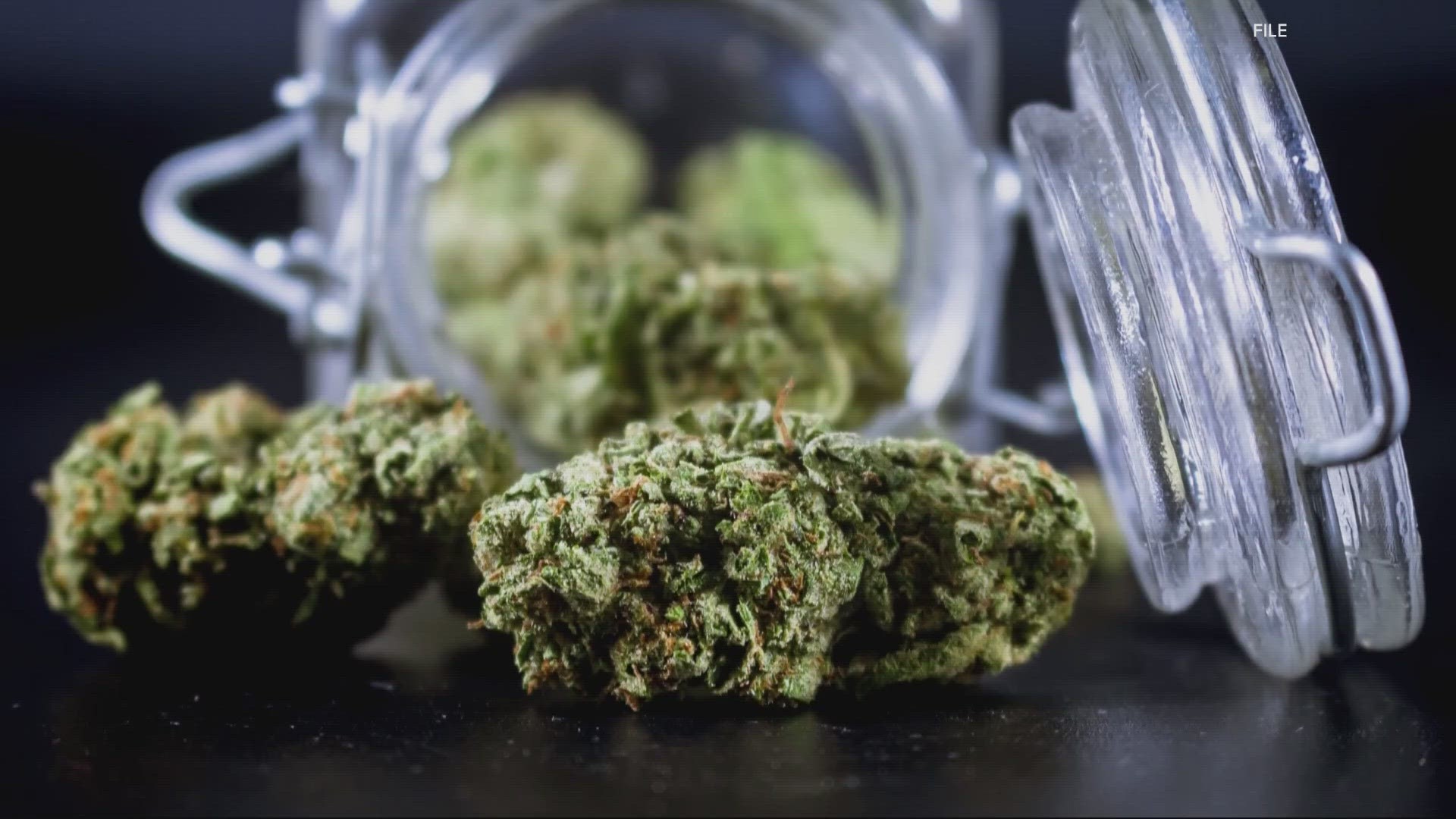PORTLAND, Ore. — Oregon Health & Science University researchers conducted a new study that's raising concerns about cannabis use during pregnancy.
Marijuana use is more and more accepted in many parts of the country including in the Pacific Northwest. But researchers are still learning about how THC — the compound that gives marijuana its high — affects different populations including pregnant women.
“With cannabis, there's really a lack of safety data so what I found was, in the clinic when patients were looking on their own about cannabis use in pregnancy, they just weren't really coming up with much,” said Dr. Jamie Lo , associate professor obstetrics and gynecology at OHSU.
Lo is one of the OHSU researchers who studied THC in pregnant primates and monkeys. The study used cannabis-infused edibles, and the researchers gave them to female monkeys several months before conception and during their pregnancies. Other primates got a placebo.
“What we found was when there's maternal use of THC during pregnancy, there are changes of genes of babies born that affect neurodevelopment behavior including disorders like autism spectrum disorder,” Lo said.
In a pre-clinical study published in the journal Clinical Epigenetics, researchers called the changes "significant" and associated them with neurobehavioral disorders that are linked to poor health outcomes in childhood and adolescence, from poorer memory and verbal reasoning skills, to increased hyperactivity and inattention.
While more research is needed, this is important early information for pregnant women who are increasingly relying on cannabis edible to manage morning sickness, especially in the critical first trimester of pregnancy.
Lo said it's important to provide women with risk information if they are or are planning to become pregnant.
“What's really important to highlight at this moment is that we just don't really have enough evidence to say that there is a safe dose of THC or cannabis that you can use while pregnant, and we’re really just still learning about the potential health outcomes and effects it may have on children down the road,” Lo said.

